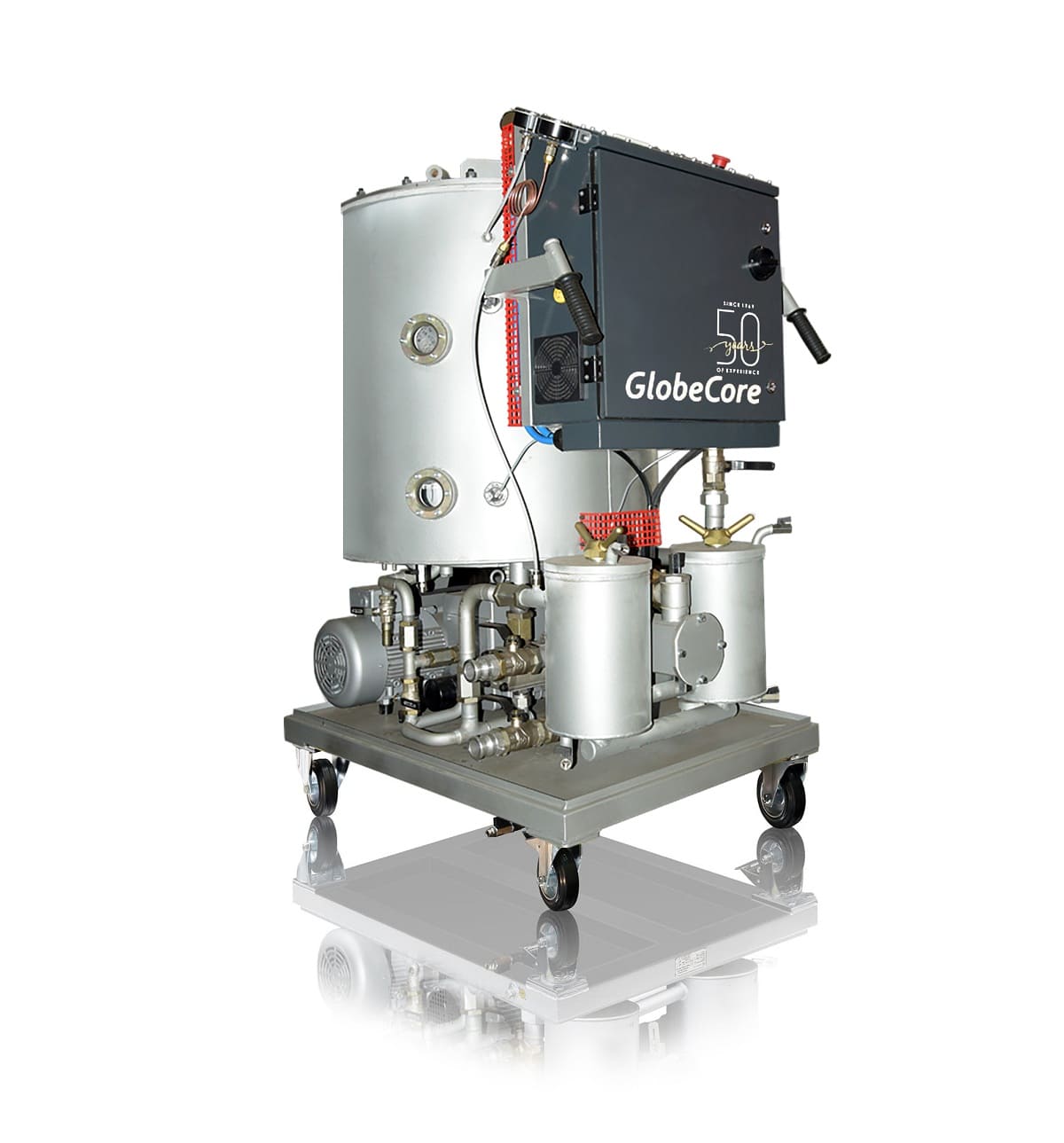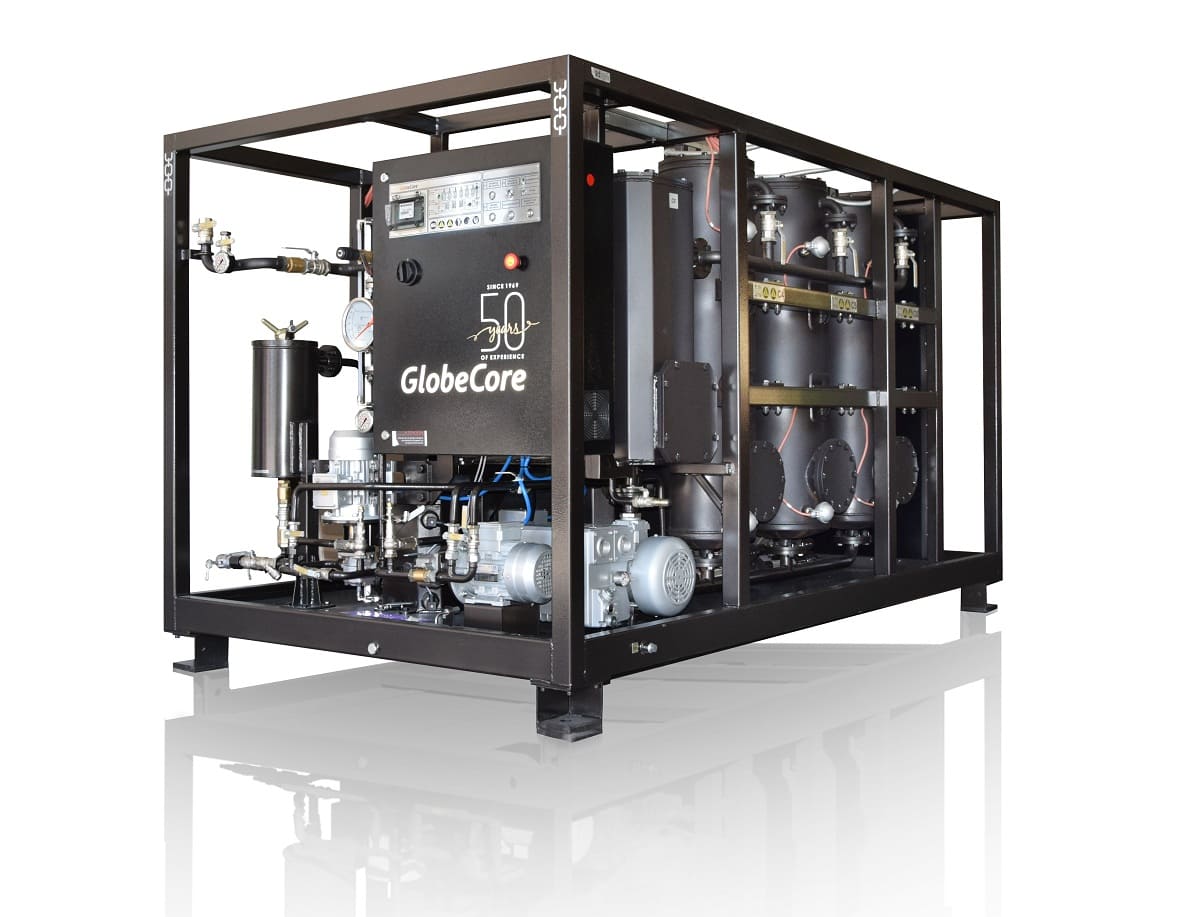Hydraulic oil purification
How does a Vacuum Hydraulic Oil Purifier operate to remove moisture from hydraulic oil?
- This topic has 1 reply, 2 voices, and was last updated 1 year, 4 months ago by .
Answers
-
October 7, 2024 at 8:13 am by Olivia Baker
A Vacuum Hydraulic Oil Purifier operates by creating a low-pressure environment that facilitates the removal of moisture and dissolved gases from hydraulic oil. The process begins with circulating the oil through the purifier, where it is heated to reduce its viscosity, enhancing moisture evaporation. The oil is then subjected to a vacuum chamber, where the atmospheric pressure is significantly lowered. Under these reduced pressure conditions, the boiling point of water decreases, allowing moisture to evaporate more easily at lower temperatures. The evaporated moisture is then captured and expelled from the system, effectively reducing the oil’s moisture content. Some vacuum purifiers incorporate multi-stage purification, combining vacuum dehydration with filtration to remove both moisture and particulate contaminants. This comprehensive approach ensures that the hydraulic oil maintains its dielectric and lubricating properties, enhancing the overall performance and longevity of hydraulic systems. By efficiently removing moisture, Vacuum Hydraulic Oil Purifiers prevent corrosion, wear, and performance degradation, ensuring reliable and efficient operation of hydraulic machinery.



